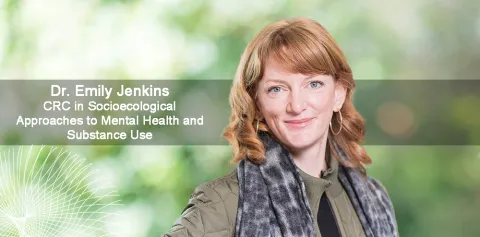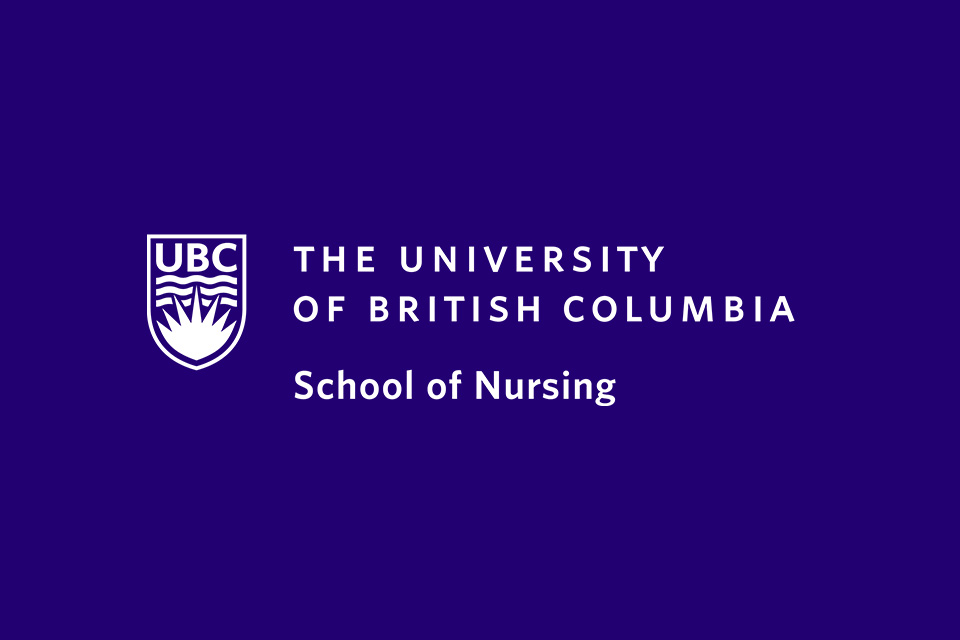
November 16, 2022
Congratulations to Dr. Emily Jenkins, the Canadian Institutes of Health Research's Canada Research Chair (CRC) for Socioecological Approaches to Mental Health and Substance Use. Announced November 16, 2022, this Tier 2 Chair, which is tenable for five years and renewable once, signifies that Emily is "an exceptional emerging researcher, acknowledged by her peers as having the potential to lead in her field." The School of Nursing can proudly attest that Emily is already establishing herself as a mental health and substance use expert.
We look forward to seeing what this emerging researcher can further achieve with her newest program of research, detailed below.
SUMMARY OF PROPOSAL
My program of interdisciplinary research in mental health and substance use capitalizes on the strengths of both health and social science perspectives, with a focus on youth and populations who experience health, social and structural vulnerabilities (i.e., marginalization). My research is characterized by participatory processes that facilitate co-discovery with communities – particularly those who are equity-seeking – and bring citizens’ voices to the policy and practice “agendas” to tackle key health and social issues. My research charts new territory in the mental health and substance use field through a population approach, centring on mental health promotion; broadening beyond the typical focus on prevention and treatment. It operates across socioecological domains to enhance capacities and resources for mental health and reduce substance use harms at the individual, family, community, and societal levels.
My CRC research program focuses on two thematic areas:
- youth-driven mental health promotion; and
- strengths-based and inclusive approaches to minimizing the harms of youth substance use.
The overarching objectives are to:
- generate actionable evidence to inform complex interventions to promote positive mental health and substance use outcomes across socioecological domains – from individual to societal levels; and
- scale and sustain training opportunities to build capacity in mental health and substance use field.
Indeed, developing effective strategies to promote mental health and minimize substance use harms (MHSU) in youth under 24 years of age is a research priority locally, nationally and globally. My CRC research program will advance my leadership in addressing the international priority need for evidence to enhance population MHSU outcomes, with a focus on youth. It will contribute substantially to the science and practice of mental health promotion, a key area of investment for the Canadian government and a field of increasing global relevance.


